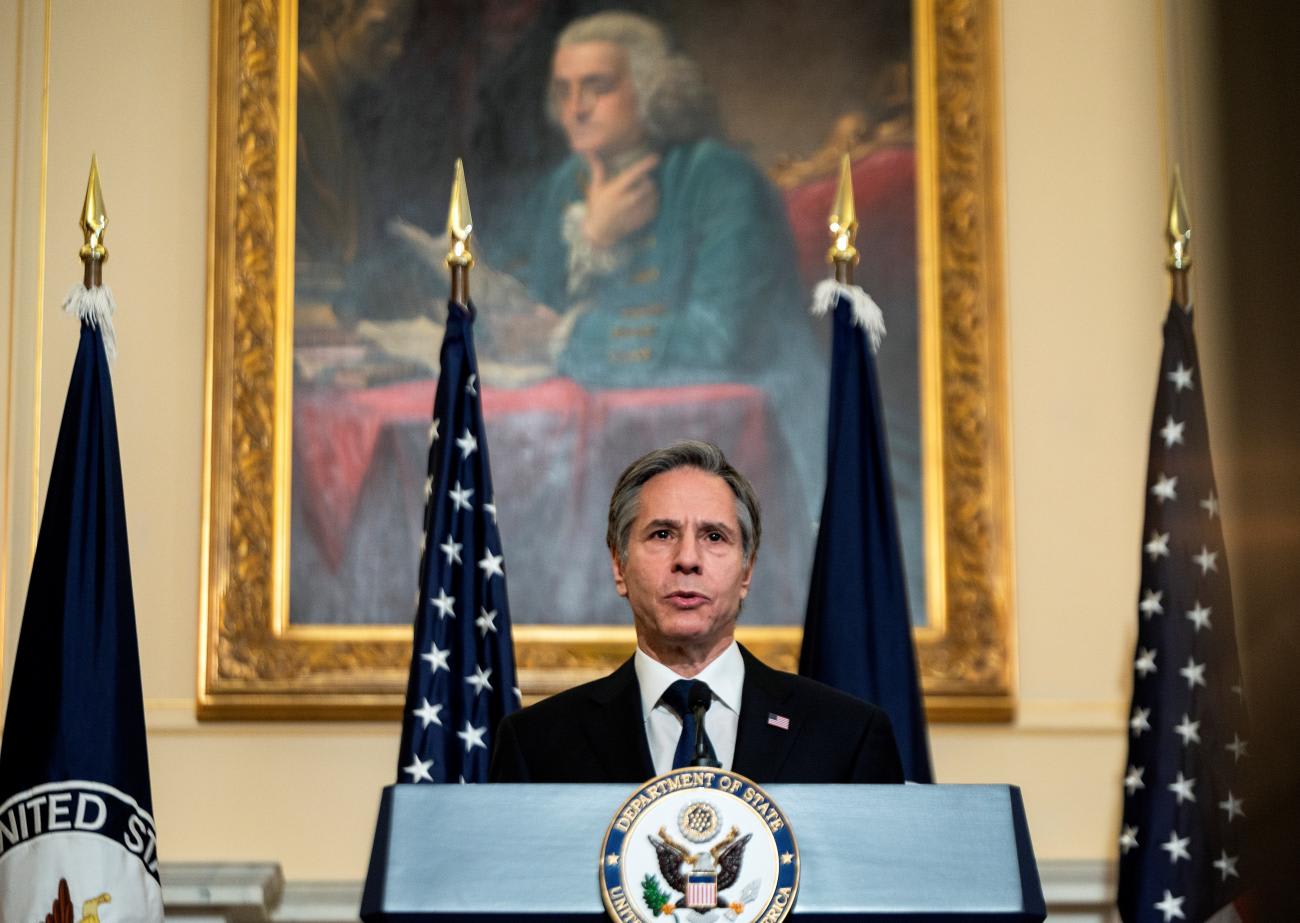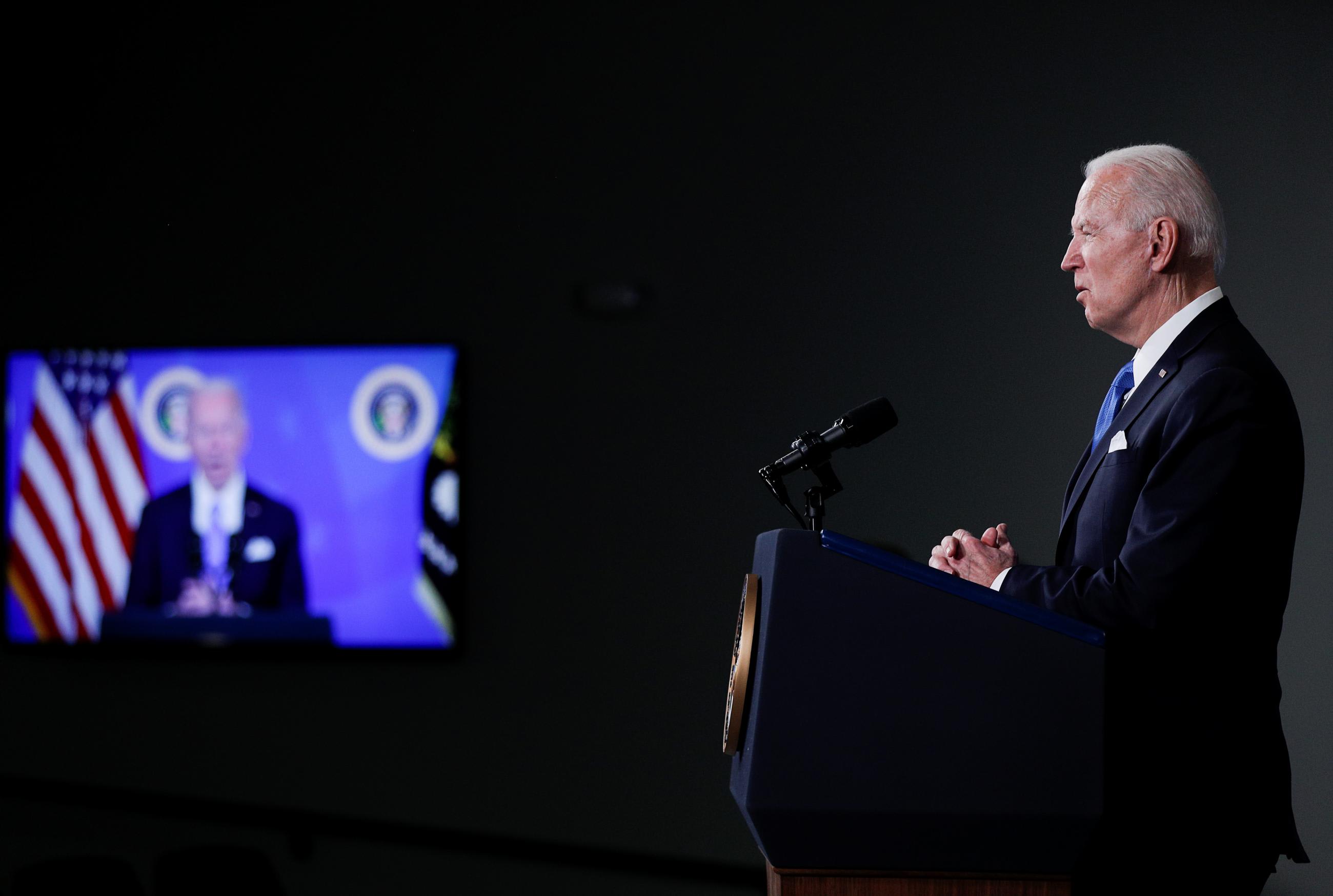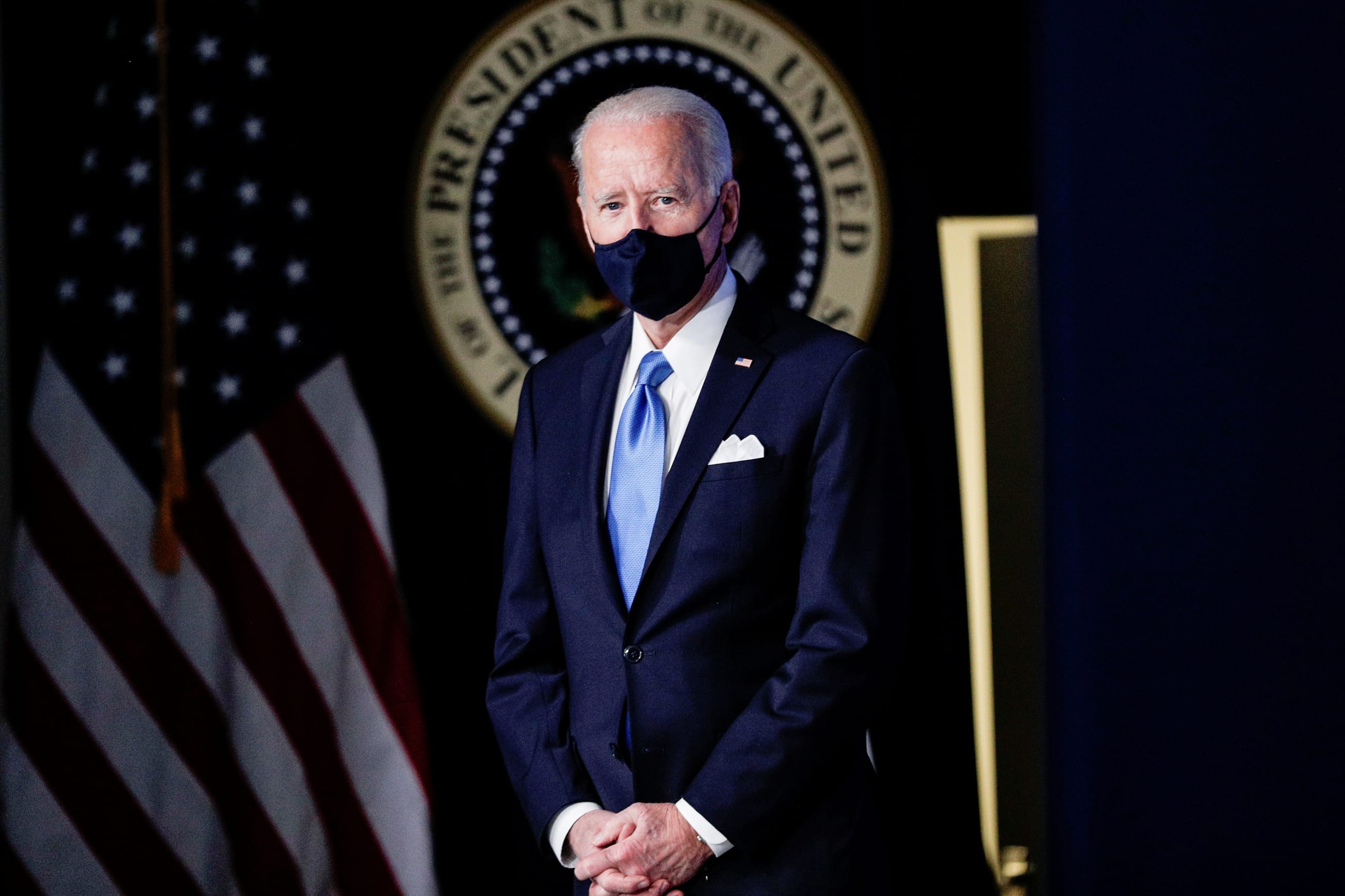On March 3, Secretary of State Antony Blinken gave a speech and President Joe Biden released Interim National Security Strategic Guidance [PDF] that provided additional insight into the administration's foreign policy and national security thinking on global health. Building on the president's first foreign policy speech, Blinken's speech and the guidance emphasize that the world has changed, is at an inflection point, and requires bold, new U.S. strategies. However, the approach offered is neither new nor bold. In fact, the administration's top strategic priorities suggest that, after the COVID-19 crisis in the United States wanes, global health may fade in importance unless the U.S. approach is reimagined.
A new and broader understanding of national security
Interim National Security Strategic Guidance
Secretary Blinken's speech and President Biden's guidance highlight how COVID-19 affects U.S. foreign policy and national security concerning global health. Like other challenges that blur lines between domestic and foreign policy, the pandemic informs the president's call in the guidance for "a new and broader understanding of national security" that protects the American people and economy from infectious diseases. This global health security strategy requires improving domestic health security, demonstrating diplomatic leadership in global health, and providing foreign assistance to strengthen health systems in other countries to "reduce the risk of future pandemics that can threaten our people and our economy."
But this approach mirrors the strategy and priorities the United States has pursued in global health for more than 20 years. In the mid-1990s, the U.S. government broadened its conception of national security to incorporate infectious disease threats. It spent over two decades prioritizing global health security, defined as protecting the United States from pandemics and other infectious diseases by strengthening domestic public health, being a leader in global health, and providing assistance to foreign countries to reduce infectious disease risks to the United States. Neither Blinken nor the interim guidance reflected on how this strategy failed to prepare the United States to respond effectively to the COVID-19 pandemic.

Even so, this "back to the future" approach reflects unavoidable public health and political realities. Given the death and damage wrought by COVID-19, the Biden administration must prioritize ending the crisis in the United States, building back domestic pandemic preparedness and response capabilities, and using diplomacy and foreign assistance to protect the country from future pathogenic dangers. The global health security strategy has long had bipartisan support, an advantage in a politically polarized Washington, DC. The strategy also reflects domestic political calculations in a divided country about the imperative of centering foreign policy and national security, first and foremost, on protecting the American people.
Although the battle with COVID-19 remains to be won, thinking about U.S. foreign policy and national security on global health in a post-pandemic world is important. The first test for the Biden administration's approach will be whether it can implement the global health security strategy at home and abroad more effectively than did previous administrations. The CFR Independent Task Force on Pandemic Preparedness found that the U.S. government failed for more than 20 years to adequately fund and sustainably implement the global health security strategy.
This "back to the future" approach reflects unavoidable public health and political realities
The second test will be whether global health security remains a priority after the pandemic given the administration's other foreign policy and national security objectives. Blinken's speech and the interim guidance called for renewing democracy, managing relations with China, and addressing climate change as top priorities. Pursuing these objectives could create problems for the global health security approach. Given the dismal performance of democracies during the pandemic, especially on making vaccines globally accessible, renewing democracy may require signature initiatives in global health that go beyond foreign assistance designed to make Americans safer. Continuing to confront China over the pandemic might further poison global health cooperation unless the administration implements the interim guidance's commitment to work directly with Beijing on global health security. Countering climate change will force a reckoning with health challenges beyond pandemics, potentially drawing political and economic capital away from global health security.
Understandably, the COVID-19 pandemic and a focus on global health security dominate the administration's evolving strategy on global health. Renewing democracy, managing relations with China, and addressing climate change provide the administration with opportunities to segue from the COVID-19 crisis into a range of global health initiatives to advance the U.S. effort to win what President Biden's interim guidance called "a fundamental debate about the future direction of our world."

EDITOR'S NOTE: David P. Fidler was an observer on the CFR-sponsored Independent Task Force. All statements and views expressed in this article are solely those of the individual author and are not necessarily shared by the Task Force or its membership.












